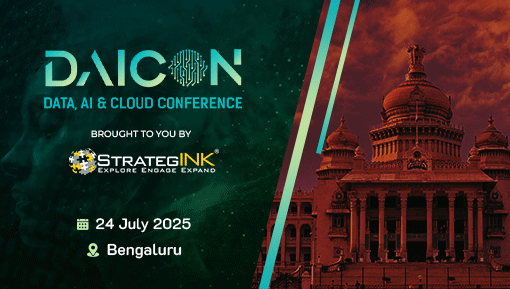
In recent months, a new form of deepfake called voice cloning has emerged, utilizing artificial intelligence (AI) to replicate individuals’ voices.
OpenAI, the creator of ChatGPT, has joined other tech giants in developing voice cloning software, but it has chosen not to make it publicly available. This unsettling technology can mimic anyone’s voice after just 15 seconds of recorded speech, a capability deemed ‘too risky’ for public release, especially in an election year, according to a statement from the San Francisco-based company.
OpenAI introduced its Voice Engine technology on Friday, shortly after filing a trademark application for the name. The company asserts that it can reproduce a person’s voice using only a short 15-second recording of their speech. While OpenAI intends to share the technology with early testers, it has opted not to widely release it at this time due to concerns about potential misuse.
In New Hampshire, authorities are investigating robocalls sent to thousands of voters prior to the presidential primary, featuring an AI-generated voice imitating President Joe Biden.
Several startups already offer voice-cloning technology, with some accessible to the public or select business clients like entertainment studios.
OpenAI states that early testers of Voice Engine have committed not to impersonate individuals without their consent and to disclose that the voices are AI-generated.
Following a similar strategy as with its video-generator Sora, OpenAI has chosen to announce but not widely release Voice Engine. However, a recent trademark application suggests the company may be venturing into speech recognition and digital voice assistant markets.
Improvements in such technology could position OpenAI to compete with established voice products like Amazon’s Alexa in the future.





